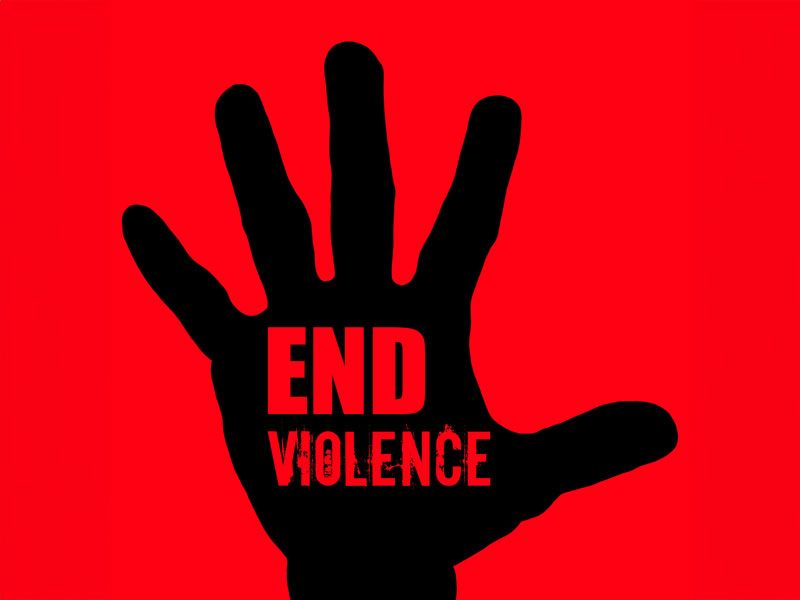Gains in Movement to End Domestic Violence
Domestic violence affects millions around the world; a form of abuse ranging from physical to emotional to sexual. Unfortunately, nobody is safe, regardless of gender, age, race, or socioeconomic status. Society likes to treat it as taboo, often becoming a hidden problem, with many survivors suffering in silence due to fear, shame, or lack of resources. However, no longer should that be the case.
It’s 2023, where we have so many advancements in technology, where we love to harp about how progressive society has become. Domestic violence is still such a monumental issue and yet one that is still so suppressed. It’s time to speak up. In a media briefing on November 3, hosted by Ethnic Media Services, experts and advocates came together to discuss the issue of domestic violence.
Speakers
![]()
- Angela Davis, Distinguished Professor Emeritus at UC Santa Cruz, author and veteran activist
- California State Senator Susan Rubio, D-Baldwin Park
- Tina Swithin, Founder of One Mom’s Battle
- Viji Sundaram, Reporter for the San Francisco Public Press and Co-Founder of Narika, a nonprofit advocacy group working with South Asian American women
Senator Rubio began the briefing, speaking about the importance of legislation and reforms in the judicial system to address domestic violence. Legislation needs to be passed on providing resources to support survivors of abuse. Abusers need to be held accountable for their actions, and that all needs to start with the government.
Tina Swithen shared her personal story of surviving domestic violence. She later founded One Mom’s Battle, a key resource to help survivors. She emphasized the importance of grassroots mobilizing through social media by survivors of abuse themselves. Tina asserts that they need to be empowered “to speak out and share their stories … social media can be a powerful tool for survivors to connect with each other and share their experiences.”
Viji Sundaram shared her experience as a reporter covering domestic violence and the challenges of reporting on this issue. She shared a personal story about an incident she experienced as a reporter. “One gentleman, one day walked into the newsroom. He said he was from Pakistan. He had heard about my activism. And would I please run a story about his daughter?” she said, “I did run the story, but I also realized that there were so many other stories out there that weren’t being told.”
Raising awareness is key, needing for more resources to support survivors. “We need to do more to raise awareness about domestic violence and to provide resources for survivors,” she said, “we also need to address the root causes of domestic violence, such as gender inequality and toxic masculinity.”
Reporting domestic violence isn’t easy at all, especially with the stigma and shame that survivors often face. Sundaram emphasized the importance of journalists being sensitive to survivors’ experiences and avoiding victim-blaming. “We need to be careful not to blame survivors for the abuse they have experienced,” she said, “we need to be sensitive to their experiences.” This creates a safe space, encouraging others to also speak up.
Speakers kept on echoing the need for more resources to support survivors. They call for more widespread availability of counseling services, legal assistance, and housing. The abusers can’t be getting out either, needing to be held accountable for their actions.
In today’s day and age, we as a society should be beyond suppressing domestic violence. Viji Sundaram concluded the briefing with a very clear message, an alarm that had been sounded over and over again. “We need to do more to raise awareness about domestic violence and to provide resources for survivors. We also need to address the root causes of domestic violence, such as gender inequality and toxic masculinity.” Simply moving towards strong legislation and speaking out on the issue, we can work towards building a safer society.


